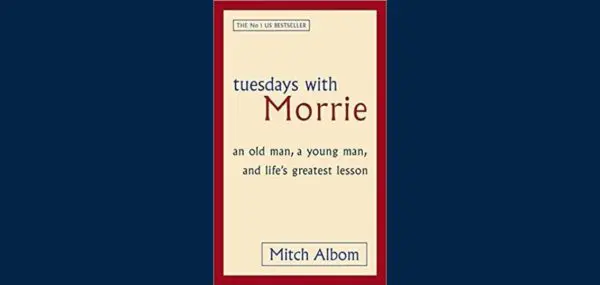When I was a tween, I was a voracious reader. I read four books at a time, racked up hundreds of dollars on my dad’s credit card at the Scholastic Book Fair and Barnes & Noble, and stayed up late reading on school nights. One night my mom even found me with a Percy Jackson graphic novel stuck to my face with drool (thankfully, that never happened again).
Now that I’m in high school juggling responsibilities like school, work, friends and family, college applications, and pandemic stress, I still take refuge in books. I often turn to stories that work through a struggle or theme I’m dealing with in my own life. They give me a safe space to reflect and process, help me gain perspective, and make me feel understood.
I feel like all teens need to take a break from life for a while, and the best way I can think of for them to do that is leisure reading. Here are some ideas to encourage reading in teens.
Place books around the house.
Having books on a coffee table or bookshelf keeps reading on your teen’s brain. Try a nonfiction historical anthology with lots of pictures, such as Bygone Badass Broads: 52 Forgotten Women Who Changed the World by Mackenzi Lee. Anthologies with pictures and short entries are tempting, fun to read, and don’t require the commitment of reading a full-length novel, which can be overwhelming for a busy teen.
Take your teen to the library to do their homework.
Consider placing your teen’s workspace near the YA section or giving them your library card “just in case” they see something they like. Librarians can offer reading suggestions, and free access to computers and resources like encyclopedias make it easy to get typed assignments done.
Read yourself!
No matter how much we hate to admit it, we teens are deeply influenced by the example set by our parents. Even if the only reading you do on a regular basis consists of reading a couple of pages to relax with a cup of coffee in the morning or to close out the workday, your teen is sure to notice.
Have books on standby.
There might come a dreaded day when your teen runs out of books. I recommend avoiding that horror by having multiple books in a genre your teen might like on standby, just in case. Even if your teen did not (or would not) choose these stories themself, just having them available reinforces the idea that there are always more stories to read and enjoy.
Assess the reasons why your teen doesn’t read.
It might be time for a candid conversation with your teen about why they’re not reading. Are they too wrapped up in AP classes and calculus problems to crack open an unassigned book? Maybe they need a time-management class or study hall to help them work more efficiently. Does their friend group look down on “nerdy” activities like joining the book club after school?
If you want to find a way forward, try not to put down your teen for prioritizing other things in their life. Keep a cool, non-judgmental tone, and be sure to ask for clarification. When you repeat what you hear back to your teen, you’re communicating that you’re an active listener. (For example: “I hear you saying that Joey and Aisha think it’s cooler to play basketball than hang out in the library,” or “I understand that studying for the SAT takes up too much time on the weekends to read the new book in the Hunger Games series.”) If your teen feels understood and you allow them to negotiate, that will go a long way in how they perceive your suggestions, and you may find they’re willing to work with you in formulating a plan to start reading more.
Read together!
Choose a book that appeals to both of you and take turns reading it together. Family reading lets you discuss interesting parts like you’re in a book club. After a while, your teen will associate reading with snacks, laughter, and lively conversations at the dinner table. And after all, isn’t that shared experience what reading is supposed to be about?




